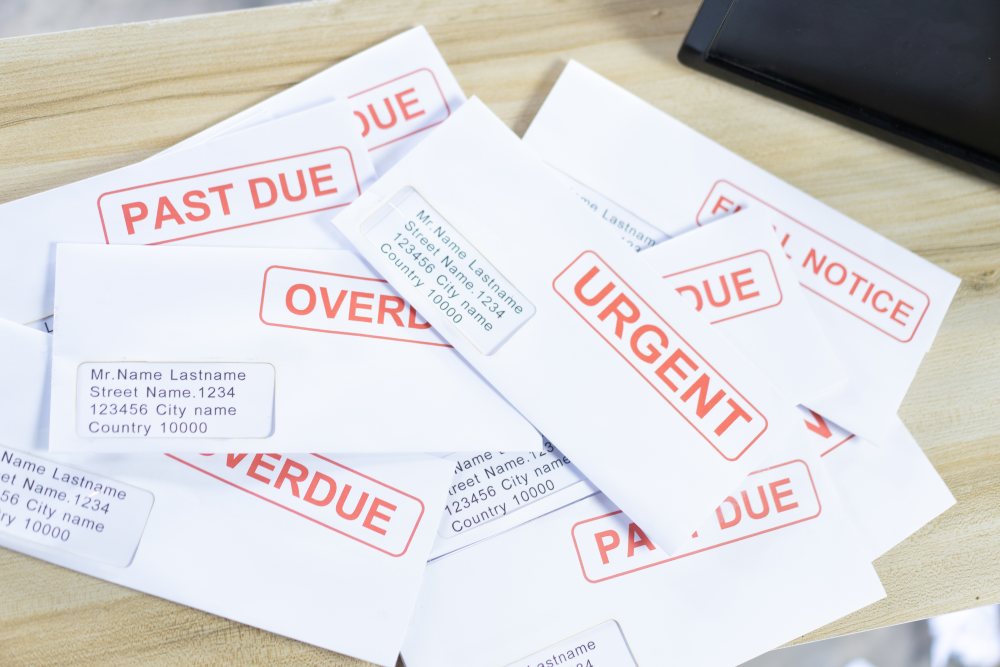Unfortunately, our medical bills can be sent to collections even if we’re making payments on them. The ACA states patients of nonprofit hospitals are supposed to be given time to apply for financial assistance before “extraordinary collection measures” are taken. However, any outstanding balance is at risk of being sent to collections at any time.
If this seems unfair, you’re right. It is. Unpaid medical bills that are on a payment plan with the hospital or medical clinic should simply be paid in the time allotted, but for-profit hospitals can send your unpaid medical debt to a debt collector at any time, and a non-profit hospital can send it if you’ve had enough time to apply for financial assistance and haven’t done so.
(The fact that many medical bills come months after the time of service and that it can be confusing to even know who to call to seek financial assistance also doesn’t seem fair.)
What to Do If You’re Appealing Your Medical Debt to Your Health Insurance Company

If you’re not paying the bill because you’re appealing a denial from your insurance, write a letter to the provider explaining the situation and ask them to put your account on hold. Usually, the hospital will agree to do so for 30 to 90 days.
What Do You Do If the Healthcare Bill is Sent to Collections
If your bill is sent to collections, don’t panic. First, ascertain if you have signed a financial agreement that obliges you to pay. The collections agency has the responsibility to validate the bill with the provider.
Without a signed financial agreement, it will be difficult for the collections agency to validate the debt. Collections agencies cannot enforce the collection of debt without validating the debt.
So if they don’t have a signed agreement then legally they cannot enforce the debt, they cannot report you to credit bureaus and the bill for medical care cannot show up on your credit report affecting your credit score.
We have witnessed situations where hospital administration has come into a patient’s hospital room and made them sign forms obligating them to pay their exorbitant hospital bills, oftentimes while the patient is on medication and not in their right frame of mind. This is an underhanded tactic and one that should be investigated.
If you do have a signed financial agreement, consult with an attorney. There are many reasons signed financial agreements may be determined invalid. For example, agreements signed under duress are generally considered to be invalid.
If you signed a financial agreement together with consent-to-treat forms in a medical emergency, it might be considered legally invalid. Please consult an attorney for accurate legal advice.
The Important Thing Is To Act Now
If your medical debt has gone to collections, begin investigating immediately if they have a signed financial agreement. If they don’t, then inform them of your rights. If the collection agency is acting in good faith the phone calls should stop. If they are not acting in good faith, consult an attorney.
But the key is to do this before it hurts your credit, before it ever gets to the point of wage garnishing. And, as we’ve written many times elsewhere, never put medical debt on credit cards or personal loans–the interest rates you’ll be paying far outweigh the costs of collections.
Health care should be an honest and upstanding field, and it’s true that many fine, brave, and courageous people work in health care. But medical billing can be a nightmare, and you need someone on your side to help you crush medical debt.
